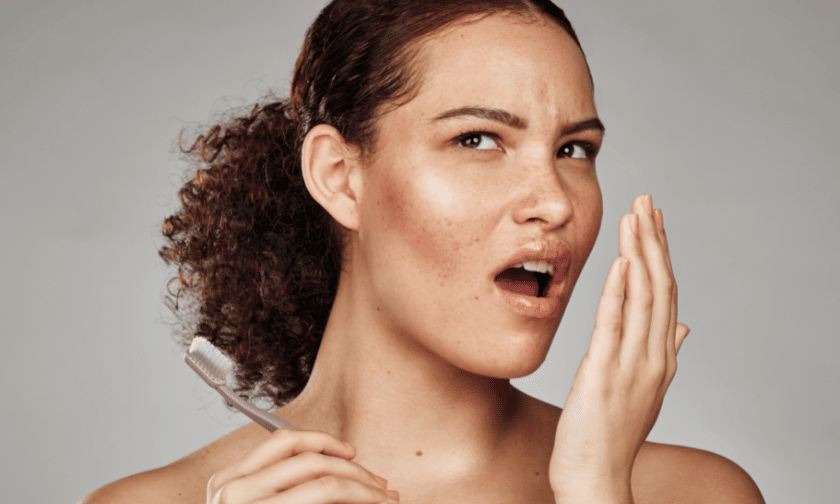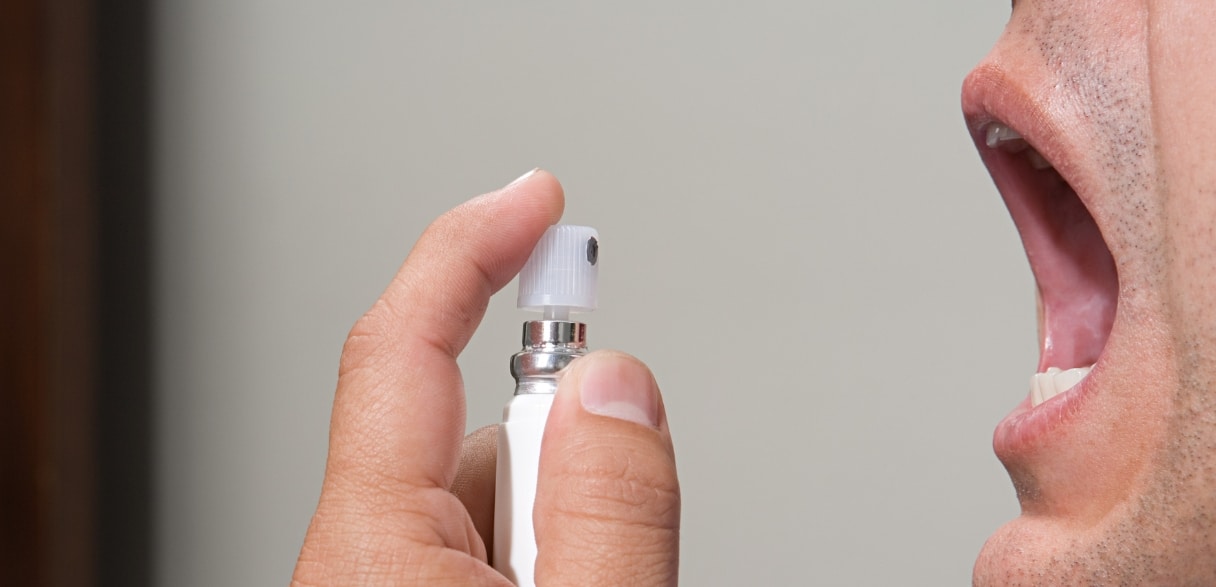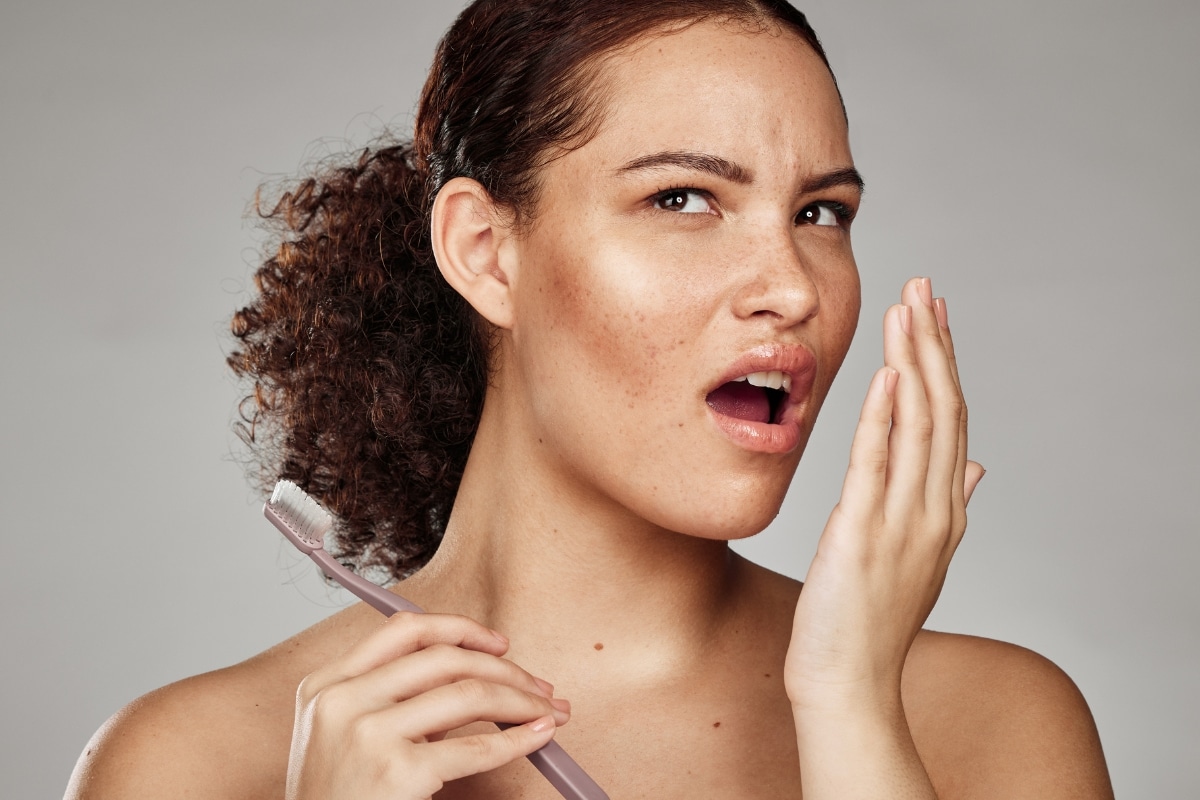
Bad breath, also known as halitosis, is an embarrassing condition that can make social interactions uncomfortable. Even if you brush your teeth twice a day and use mouthwash, bad breath may still be present. To determine the best course of action to combat bad breath, it is important to understand the causes and remedies available.
Nobody likes having bad breath, but sometimes brushing and using mouthwash just isn’t enough to rid yourself of this embarrassment. In this article, we will discuss the common causes of persistent bad breath, and provide helpful tips on how to effectively get rid of it for good.
Causes of Bad Breath
There are many different factors that can contribute to bad breath, including poor oral hygiene habits such as not brushing and flossing regularly, smoking cigarettes or chewing tobacco, dry mouth caused by medications, and certain medical conditions such as diabetes, sinus infections, acid reflux, and liver or kidney problems. In some cases, persistent bad breath may be an indication of deeper health issues like gum disease or an abscessed tooth. If regular brushing and mouthwash cannot eliminate your bad breath problem after a few weeks then it is recommended that you see your dentist for further evaluation.
Remedies
The first step in solving your bad breath problem is to determine the underlying cause. If it is poor oral hygiene, then brushing and flossing after each meal as well as gargling with an antibacterial mouthwash can help reduce plaque buildup, which can lead to bad breath. If you are a smoker, quitting smoking or at least reducing the number of cigarettes smoked per day can provide relief from bad breath. Additionally, drinking plenty of water throughout the day helps keep your mouth moist and wash away bacteria that cause odors. You should also avoid sugar-filled foods and drinks since sugar can contribute to plaque buildup on teeth.
If lifestyle changes cannot alleviate your bad breath then you may need to consult a dentist to determine if the problem is caused by an underlying medical condition. Your dentist may suggest a professional cleaning, medication, or minor dental procedures to help get rid of bad breath and keep it away for good.
Having bad breath can be embarrassing, but thankfully there are remedies available that can help you get rid of it for good. Once you identify the underlying cause of your bad breath, whether it is related to poor oral hygiene or a more serious medical condition, then you can take the necessary steps to eliminate your halitosis and start feeling confident again.
A: The most common cause of persistent bad breath is poor oral hygiene. This includes not brushing and flossing regularly, as well as smoking cigarettes or chewing tobacco.
A: Yes, drinking plenty of water throughout the day can help keep your mouth moist and wash away bacteria that cause odors.
A: If regular brushing, flossing, and using mouthwash don’t eliminate your bad breath problem within a few weeks then it is recommended that you see your dentist for further evaluation. Your dentist may suggest a professional cleaning, medication, or minor dental procedures to help get rid of bad breath and keep it away for good.
A: Yes, some home remedies for bad breath include brushing and flossing after each meal, gargling with an antibacterial mouthwash, drinking plenty of water throughout the day, avoiding sugar-filled foods and drinks, and quitting smoking or reducing the number of cigarettes smoked per day. Additionally, adding tongue scraping to your daily oral hygiene routine can also help reduce bad breath.



